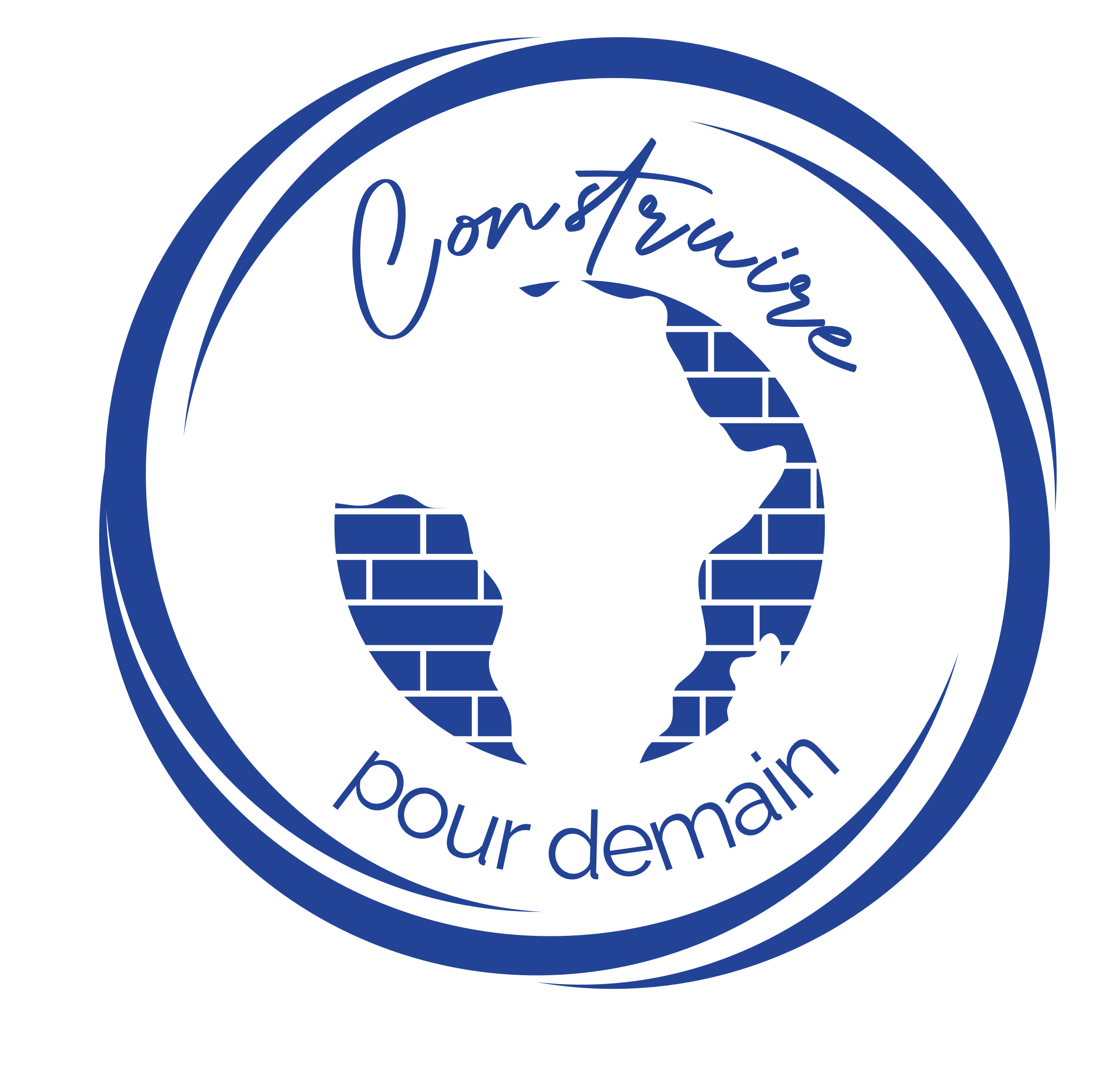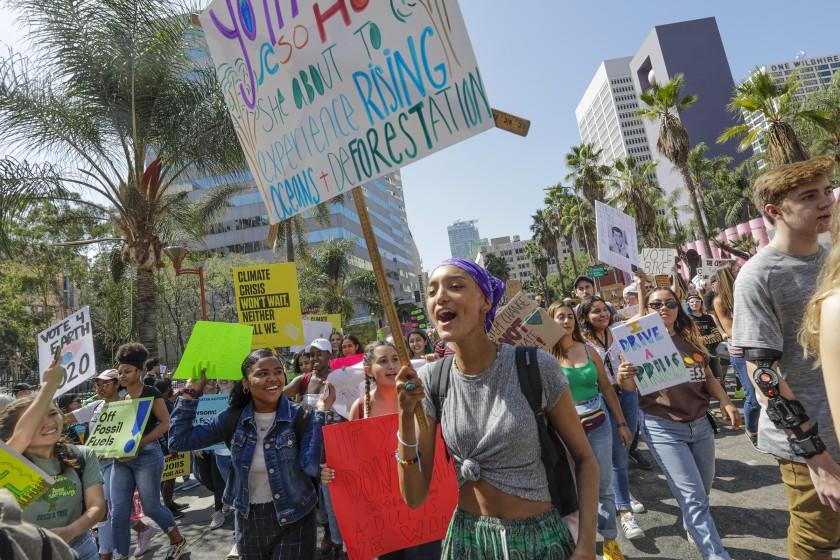Change released its finalized “Fifth Assessment Report.” For a week in 2014, the report occupied my computer screen, side by side with an unfinished college application essay.
IPCC reports are the most comprehensive accounts of how human activities influence the climate. In the seven years since the IPCC released its fifth report, I completed a bachelor’s degree, spent a year in the workforce, completed a master’s degree and began a career in energy policy. Over the same time, humanity emitted about 220 billion tons of CO2, more than the total emitted from the beginning of the Industrial Age to the end of World War II. So as the release of the IPCC’s sixth assessment approached this year, I found myself dreading what it would reveal.
On Aug. 9, I found out. The latest report represented “a code red for humanity,” the U.N. secretary-general said. All my fears, confirmed.
But the horror I anticipated never arrived. I combed through page after page of catastrophic projections with the same level of alarm I’d have reading a recipe for peach cobbler. At the end of the document, I closed the tab and opened an article about the Tokyo Olympics. Ashamed as I am to admit it, I felt nothing.
I was in high school when the United Nation’s Intergovernmental Panel on Climate Change released its finalized “Fifth Assessment Report.” For a week in 2014, the report occupied my computer screen, side by side with an unfinished college application essay.
IPCC reports are the most comprehensive accounts of how human activities influence the climate. In the seven years since the IPCC released its fifth report, I completed a bachelor’s degree, spent a year in the workforce, completed a master’s degree and began a career in energy policy. Over the same time, humanity emitted about 220 billion tons of CO2, more than the total emitted from the beginning of the Industrial Age to the end of World War II. So as the release of the IPCC’s sixth assessment approached this year, I found myself dreading what it would reveal.
On Aug. 9, I found out. The latest report represented “a code red for humanity,” the U.N. secretary-general said. All my fears, confirmed.
But the horror I anticipated never arrived. I combed through page after page of catastrophic projections with the same level of alarm I’d have reading a recipe for peach cobbler. At the end of the document, I closed the tab and opened an article about the Tokyo Olympics. Ashamed as I am to admit it, I felt nothing. Advertisement
At the age of 25, I am of a generation of people who have been aware — terrifyingly, paralyzingly aware — of climate change for our entire lives. From the moment I began to take an interest in world affairs, I have been cognizant of a terrible danger beyond the horizon, a near insurmountable challenge that could throw the world I knew into chaos. In sixth grade, a close friend confessed to me that he had been losing sleep worrying about climate change. I told him I had too.
For me, and I suspect for my friend, the climate crisis has never been about hope. In my quarter-century on Earth, no great challenge — be it terrorism, disease or economic catastrophe — has gone unmet by division, bigotry and greed; why should climate change be any different? With each passing year, I have seen the window of opportunity to act grow ever narrower, all the while becoming more confident in my hopelessness.
But neither has the climate crisis evoked the fatalism that often accompanies hopelessness. Not once in my lifetime has the apparent inevitability of climate catastrophe overwhelmed my motivation to act on it. In my head, I am forever on a sinking ship, faced with the choice of passively drowning or swimming doggedly for shore. And so I swim, understanding I will probably drown, but certain that doing something is better than doing nothing.


